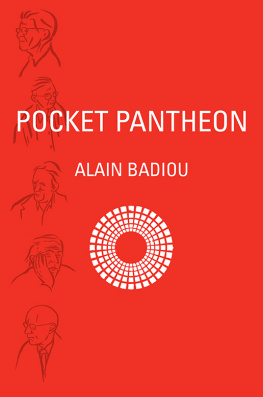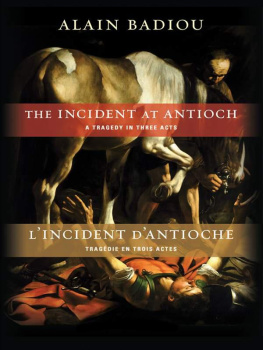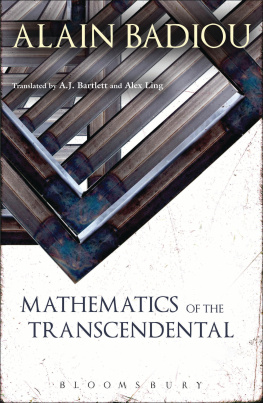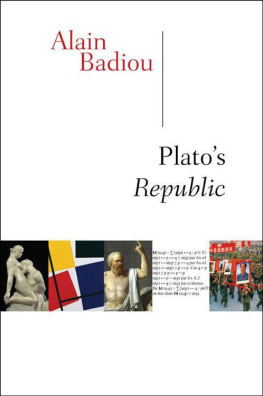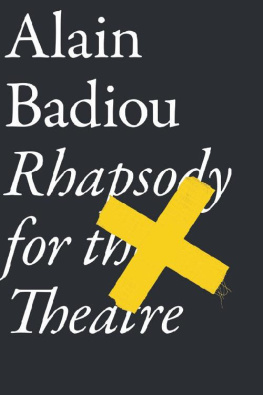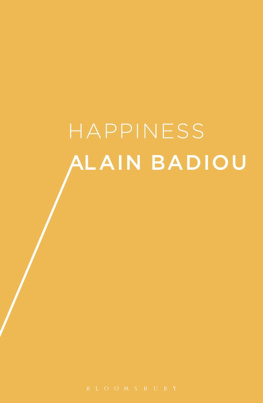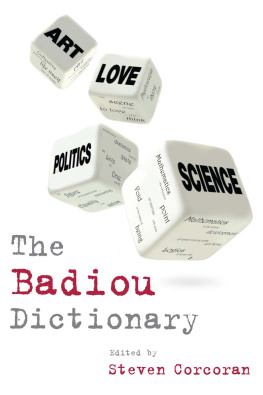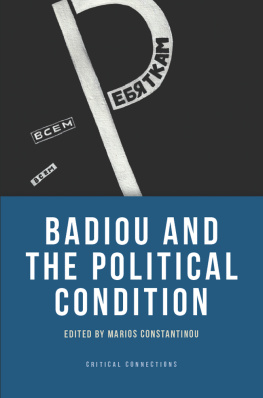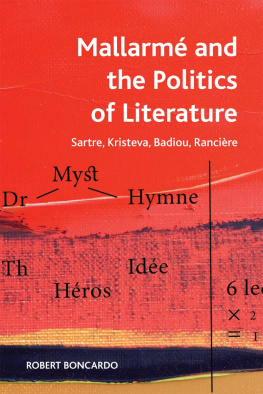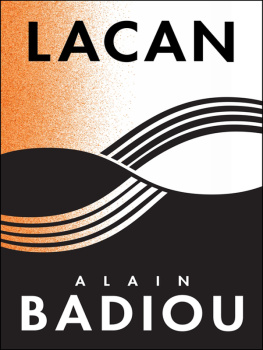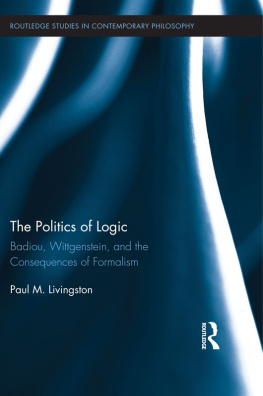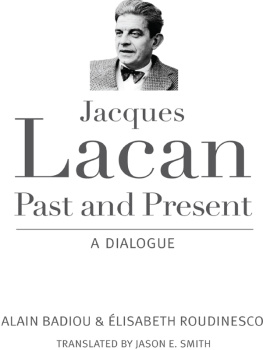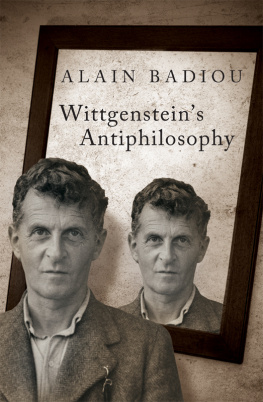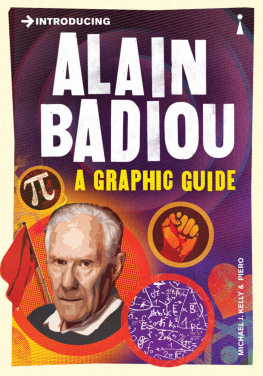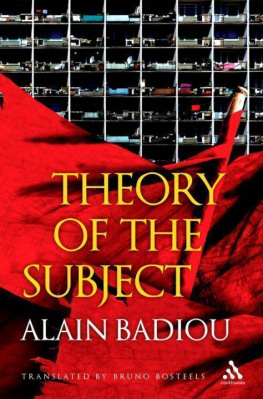I at first thought of calling this set of tributes to philosophers who are no longer with us Funeral Orations. Whilst that title is not cheerful, it does cover a famous literary history. It is, however, inaccurate. Whenever I speak of these friends, enemies and partners in a complicated game, my reading, my battles and my enthusiasms, my feelings are not those of Bossuet a writer of immense importance but one who wrote in the service of Power. I cannot obey his injunction to pray, exemplify or even pass judgement. And so when Eric Hazan suggested the present title, I agreed almost without thinking about it, mainly because it seemed to me to be a tonic and far removed from death. Now, I hold the view that neither death nor depression should be of interest to us.
If philosophy serves any purpose, it is to take away the chalice of sad passions and to teach us that pity is not a loyal affect, that our plaints do not mean that we are right, and that victimhood is not the starting point for thought. On the one hand, and as Plato teaches us once and for all, licit passions and all creations with a universal intent originate in Truth, which, if need be, can go by the name of Beauty or the Good. On the other hand, as Rousseau knew, the human animal is essentially good, and when it is not, that is because some external cause forces it to be evil, and that cause must be detected, rooted out and destroyed as quickly as possible and without the least hesitation.
Those who claim that the human animal is wicked simply want to tame it and turn it into a morose wage-earner or depressed consumer who helps capital to circulate. Given their ability to create eternal truths in various worlds, men have within them the angel that religions saw as their double. That is what philosophy, in the true sense of the word, has always taught us. Before that inner angel can manifest its presence, it must have a principle or maxim, and ultimately it is always the same, even though it can take a wide variety of forms. Let us choose Maos: Cast away illusions, prepare for struggle. Hold to the truth, cast away illusions, and fight rather than surrender, whatever the circumstances. In my view, there is only one true philosophy, and the philosophies of the fourteen whose names find shelter in my little pantheon would not want anything more.
The trouble is that, nowadays, the word philosophy is used in an attempt to force upon us quite the opposite maxim, which might read: Cling to your illusions, prepare to surrender. We have seen a philosophy appearing in magazines that looks like a vegetable-based natural medicine, or euthanasia for enthusiasts. Philosophizing would appear to be a small part of a vast programme: keep fit and be efficient, but stay cool. We have seen philosophers declaring that, as the Good is inaccessible if not criminal, we should be content to fight every inch of the way against various forms of Evil, whose common name proves, on closer inspection, to be communism, when it is not Arab or Islam. And so we revive values that philosophy has always helped us to get rid of: obedience (to commercial contracts), modesty (in the face of the arrogance of the ham actor on TV), realism (we must have profits and inequalities), utter selfishness (now known as modern individualism), colonial superiority (the democratic goodies of the West versus the despotic baddies of the South), hostility to living thought (all opinions have to be taken into account), the cult of numbers (the majority are always right), obtuse millenarianism (the planet is getting hotter under my very feet), empty religion (there must be Something), and I could go on. So many philosophers and philosophies do nothing to stop this, and instead wear themselves out trying to infect us with little articles, debates, blazing headlines (The Ethics of Stock Options: Philosophers Speak Out At Last) and boisterous roundtable discussions (Philosophers: the G-string or the Veil?). This permanent prostitution of the words philosopher and philosophy (and it should be recalled that Deleuze denounced it from the very beginning), and the media operation that gave birth to the new philosophers brand, will get you down in the long run. At the rate things are going, it is not just cafs that will be described as philosophical (these cafs philosophiques really are a wretched invention, and the natural heirs to the cafs du commerce where all that bar room philosophizing used to go on). We will end up going, in all our pomp, to the philosophical outhouse.
So, yes, it would be right and proper to recall what a philosopher is. And to remind ourselves by looking at the examples of those who adopted that title in recent decades. We have to call them to our rescue to clean up and give a new lustre to the words in whose name they propose, with great difficulty and under great intellectual tension, to accept unconditionally the need to find at least one true Idea and never to give in, whatever the consequences, and even though, as Mallarm said of Igitur, the act for which no one claims responsibility is perfectly absurd [except that] the infinite has at last been fixed [fix].
Basically, I am calling my philosophical friends who are no longer with us as witnesses for the prosecution in the case the infinite is bringing against the falsifiers. They have come to say, through the voice that eulogizes them, that the imperative of contemporary democratic materialism Live without Ideas is both cheap and inconsistent.
These texts are very different in form and intent. They are all tributes to great minds, often paid to mark their passing, the anniversary of their passing or a colloquium devoted to their memory. The texts are collected here in the order of the philosophers date of birth. Whilst these tributes range from short essays to lengthy meditations, the differences between them have no hierarchical meaning whatsoever in this context. And besides, the final pages give not only the date and provenance of these short texts but also a little supplementary information about my intellectual relationship with the philosophers I talk about.
Whilst some of them were the masters of my youth, I would not say today that I unreservedly agree with them as to how it was constructed. I had ties of friendship with some, and a few quarrels with others. But I am glad to say here that, given the potions they are trying to make us swallow today well, I love all these fourteen dead philosophers. Yes, I love them.

